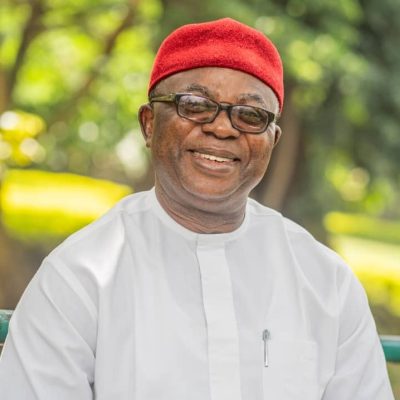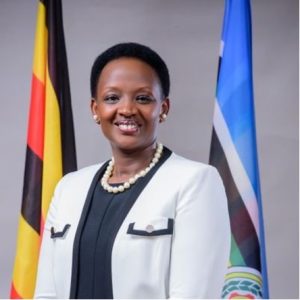The Tripling target is according to Hon. Samuel Onuigbos a brilliant idea.
However, he emphasizes that the procedure must be just.
He stresses that investments in renewables in Africa must be more than tripled to address the continent’s energy poverty and to provide the foundation for the sustainable development Nigeria and whole Africa.
Making sure those criteria are met will ensure that Nigeria’s industrial revolution is green.
The tripling target activated a lot of interest and verifiable actions by different governments on national and subnational level. The Nigerian and other governments are putting in place paths to transition to renewable energy and attaining net zero targets. Nigeria is committed to its energy transition plans with the aim to transit to green and sustainable economic development.
The Nigerian Parliament is already addressing the issue of the global renewables target since it is pursuing legislations to achieving its Energy Transition Plan (2023)*. The government is furthermore encouraging significant investments in renewables while using gas as bridge fuel.
Hon. Samuel Onuigbo, although not a current member of Parliament, is optimistic about the adoption of this target. He suggests the importance of organizing capacity-building and information-sharing sessions to enhance awareness. Additionally, he emphasizes the necessity of identifying a parliamentary champion who can effectively lead and champion the cause.
“The primary challenge is that of the technology to drive actions and possible policy limitations. This can be addressed through engagements that create better policies, and partnerships that take care of the issue of technological gaps.”
Hon. Samuel Onuigbo recommends other parliamentarians to pay attention to the changing times, be open to learning and sharing of ideas with other MPs from other climes. He underscores the importance of being guided by scientific knowledge in their decision-making processes.
The significant challenges Nigeria is facing includes the lack of electricity access for 40% of its 230 million population and a high unemployment rate, particularly among educated youth who represent 65% of the population. However, renewable energy is considered a dependable source of energy and the chance to tackle this issue.
* Nigeria’s Energy Transition Plan and the activities and success stories of the Rural Electrification Agency: Most important of the development is that the 9th Assembly in which Hon. Onuigbo served made a profound amendment to the 1999 Constitution of the Federal Republic of Nigeria by moving electricity from the Exclusive List to the Concurrent List with a lot of clear-cut provisions on renewable energy. The 9th Assembly passed the Electricity Act 2023 which was assented to by President Tinubu GCFR in June, 2023 just about 10 days after he assumed office.






